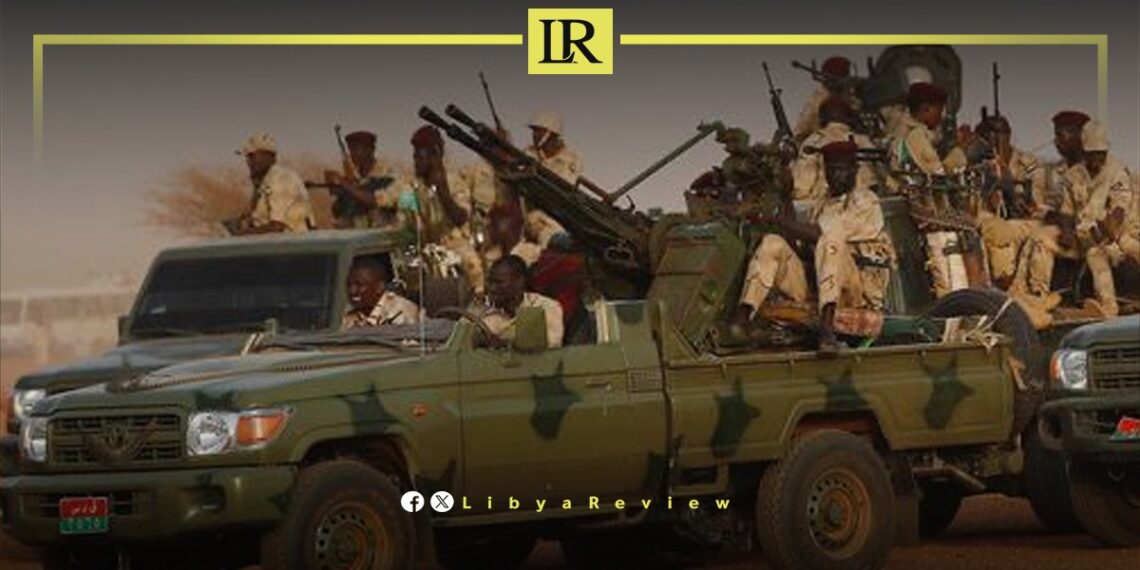The violent clashes between the Sudanese army and the Rapid Support Forces (RSF) in North Darfur, near the Libyan border, are casting a shadow over Libya’s security situation. These clashes raise concerns about worsening humanitarian conditions, increased irregular migration, heightened terrorist activities, and a surge in organized crime.
Analysts suggest that conflicts in border areas with Libya could exacerbate the irregular migration crisis through the Libyan-Sudanese border. As more civilians flee the fighting, they might seek safety in Libya, adding pressure to its limited resources and increasing the risks of human trafficking.
There are also fears that the instability from the conflict could create a fertile ground for extremist groups to grow. Additionally, there are concerns that the clashes might revitalize the operations of criminal groups involved in arms and drug trafficking, given the weak border controls and the preoccupation of authorities in both countries with their internal crises.
Libyan academic and political analyst Mahmoud Ismail highlighted the significant risks Libya faces due to its 280-kilometer border with Sudan. He noted the fragile security and governmental situation in Libya, the absence of effective state institutions, and the lack of necessary resources to protect its borders.
Ismail explained to Maghreb Voices newspaper that these conditions create a fertile environment for the spread of terrorist groups and facilitate arms and human trafficking operations, threatening Libya’s national security and hindering stabilization efforts.
Ismail added that the situation has led to unprecedented flows of Sudanese refugees fleeing war atrocities and seeking economic opportunities in Libya or escaping violence and retribution. This influx will undoubtedly affect Libya’s economic and security conditions.
He warned of the risk of external powers, particularly Russia, exploiting the chaos and division in Libya. He underscores Russia’s recent history of regime changes, particularly in regions previously under Western influence, raising concerns about its potential ambitions in Libya.
Libyan journalist and political analyst Salem Bukhzam stressed the increasing number of Sudanese refugees in Libya, which has exceeded 70,000, with continuous daily influxes.
Bukhzam told Maghreb Voices about the security risks associated with the presence of these refugees, especially with the widespread illegal arms trade in Libya and its limited capacity to protect its borders.
He also raised suspicions about the presence of criminals among these refugees.
He noted that managing the borders is challenging, with large numbers infiltrating into interior areas like Sabha, Murzuq, and Jufra.
Bukhzam emphasized the need for serious measures to address this crisis, including enhancing cooperation between Libya and various Sudanese factions to regulate migration and curb refugee influx. He also called for stricter border controls to prevent arms smuggling and human trafficking.
He warned that the fragile security situation in Libya due to governmental division complicates the task of securing borders to prevent crime and terrorist activities, especially as more people flee the war seeking refuge in Libya.
Bukhzam concluded that the ongoing turmoil in North Darfur poses a significant threat to Libya’s national security, exacerbating economic burdens. The country needs to establish new camps, hospitals, and registration facilities for residents in border cities to manage the crisis effectively.
The dire poverty and lack of security create a fertile environment for crime and terrorist activities, posing severe security risks. Addressing these challenges requires coordinated international efforts


